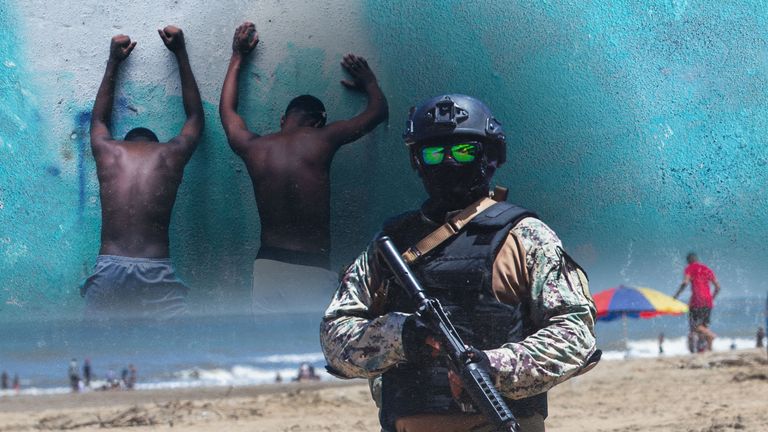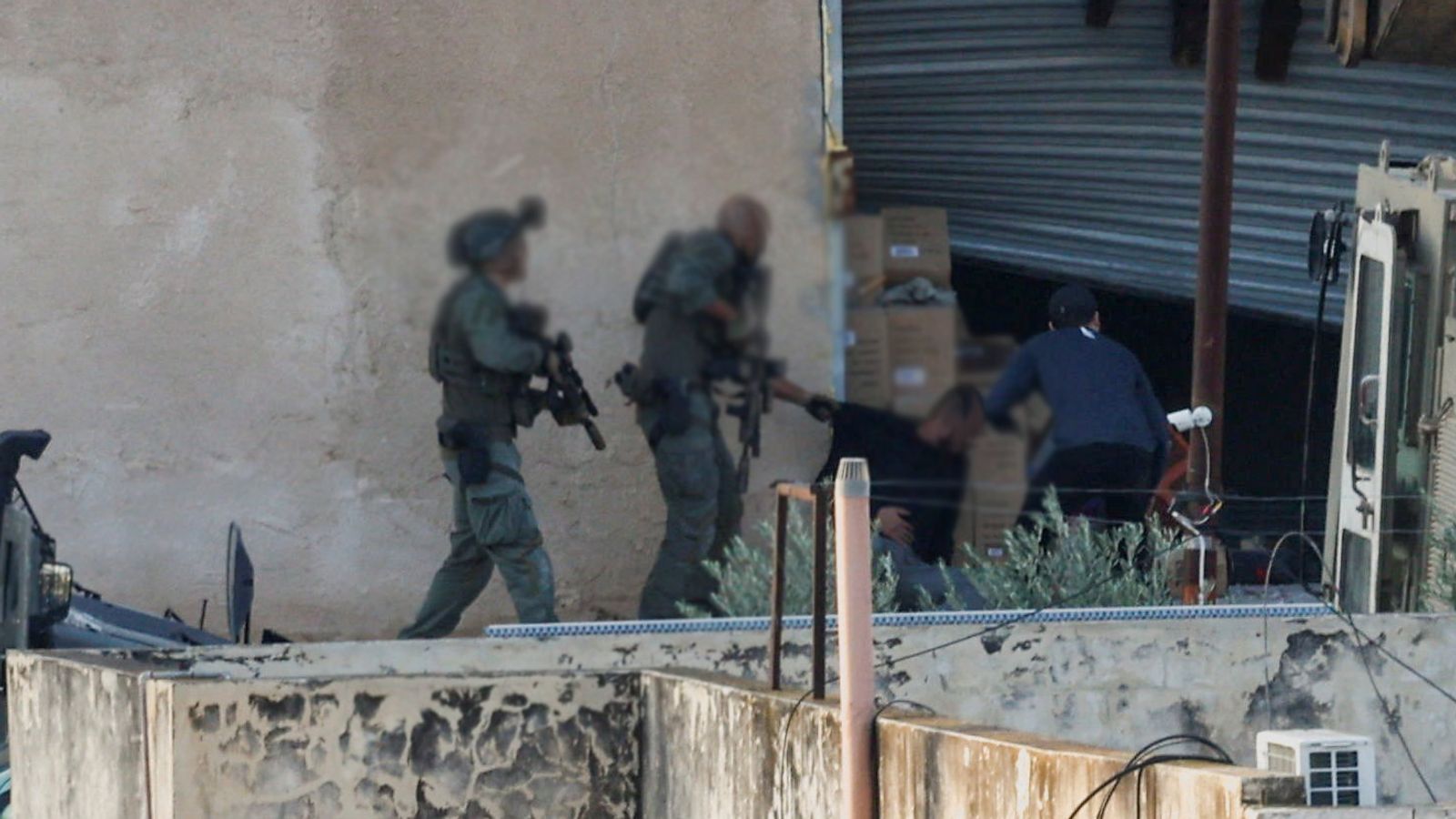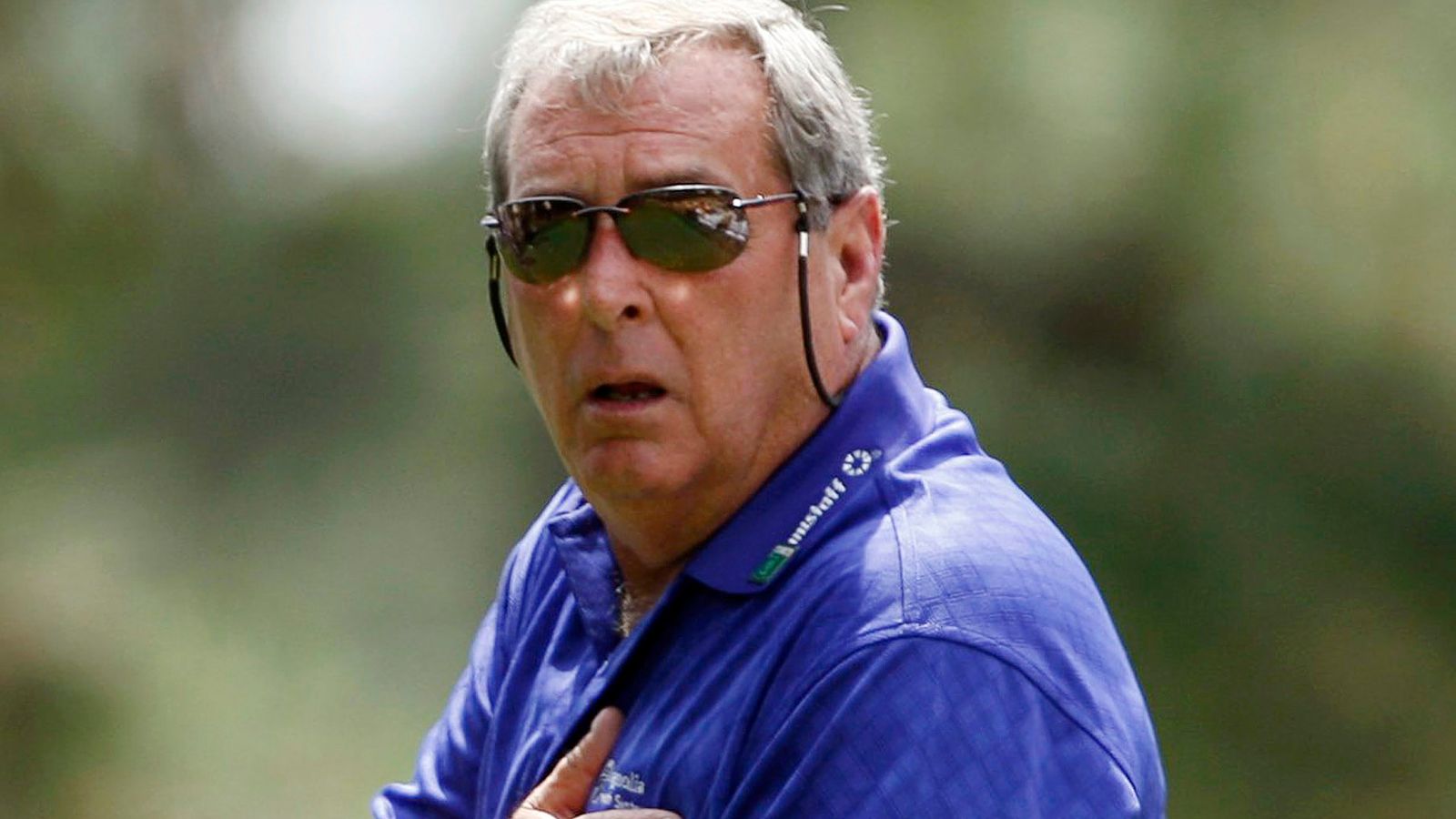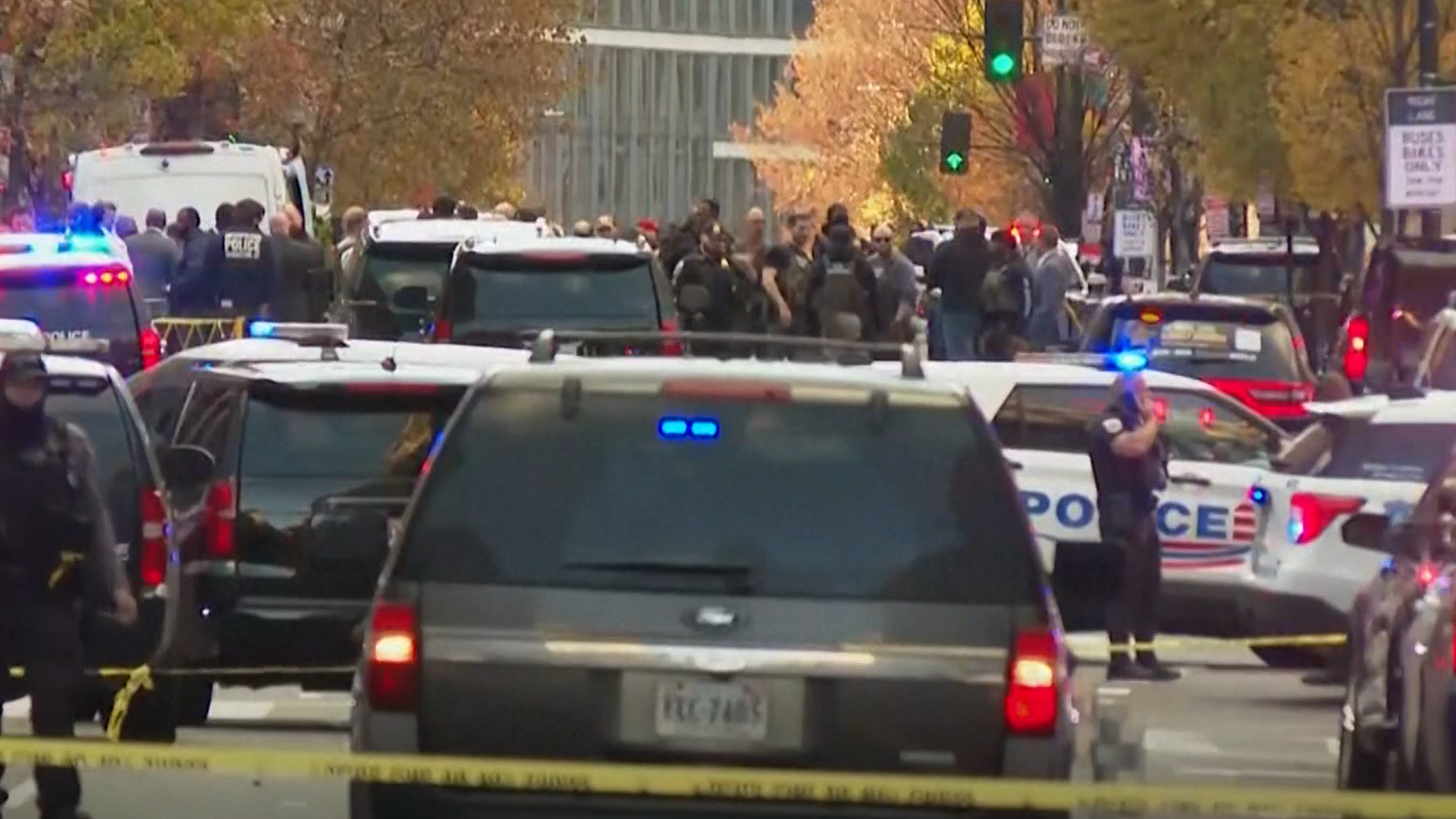
Ecuador has re-elected Daniel Noboa as president – a conservative millionaire with a controversial no-holds-barred approach to tackling gang crime.
Mr Noboa’s opponent, leftist lawyer Luisa Gonzalez, has vowed to seek a recount over what she described as “grotesque” electoral fraud.
Figures released by Ecuador’s National Electoral Council indicate Mr Noboa received 55.8% of the vote with more than 90% of ballots counted, while Ms Gonzalez earned 44%.
The vote was monitored by international observers from the European Union and the Organization of American States, but neither had released their official reports at the time of writing.
Diana Atamaint, president of the council, said on national television that those results showed an “irreversible trend” in favour of Mr Noboa.
The win gives the 37-year-old president four years to fulfil promises he first made in 2023 – when he won a snap election and secured a 16-month presidency despite having limited political experience.
More than 13 million people were eligible to vote in the South American country, where voting is mandatory.
Ms Gonzalez’s defeat marks the third consecutive time that the party of Rafael Correa, the country’s most influential president this century, failed to return to the presidency.
She told supporters her campaign “does not recognise the results presented by the “(National Electoral Council),” arguing, among other issues, that pre-election polls showed her ahead of Mr Noboa.
Mr Noboa, heir to a fortune built on the banana trade, is expected to continue applying some of his heavy-handed crimefighting strategies that part of the electorate finds appealing but which have tested the limits of laws and norms of governing.
Ecuador faces a challenge because of the involvement on its soil of two of Mexico’s most notorious and powerful drugs cartels – Sinaloa and Jalisco New Generation.
The cartels realised that Ecuador – which is not a cocaine producing country – had excellent ports with speedy routes north by sea to Central and North America.
Mr Noboa declared Ecuador to be in a state of “internal armed conflict” in January 2024, allowing him to deploy thousands of soldiers to the streets to combat gangs and charge people with terrorism counts for alleged ties to organised crime groups.
In the weeks that followed, Ecuador’s security forces carried out raid after raid, rounding up people they claimed were linked to drug gangs.
Read more world news:
At least 34 dead in Ukrainian city after strikes
Israeli air strike hits Gaza hospital
Bangladesh issues arrest warrant for Tulip Siddiq
The country’s prisons filled up with new inmates, and some prisons, notorious for their lack of discipline and control, were taken over by the military, completely changing the dynamic inside and the freedom of the gang leaders to continue their business activities while locked up.
However, during the crackdown there have also been reports of human rights violations, with the security forces having carried out extrajudicial killings and arbitrary arrests, according to Human Rights Watch.
Under Mr Noboa’s watch, the homicide rate dropped from 46.18 per 100,000 people in 2023, to 38.76 per 100,000 people in 2024.
But despite the decrease, the rate remained far higher than the 6.85 homicides per 100,000 people seen in 2019.
Ecuadorian voters were primarily worried about the violence that has transformed the country, starting in 2021.
Both candidates promised tough-on-crime policies, better equipment for law enforcement and international help to fight drug cartels and local criminal groups.
The candidates had advanced to Sunday’s contest after getting the most votes in February’s first-round election.
Mr Noboa led Ms Gonzalez by around 17,000 votes.
Doonited Affiliated: Syndicate News Hunt
This report has been published as part of an auto-generated syndicated wire feed. Except for the headline, the content has not been modified or edited by Doonited























































